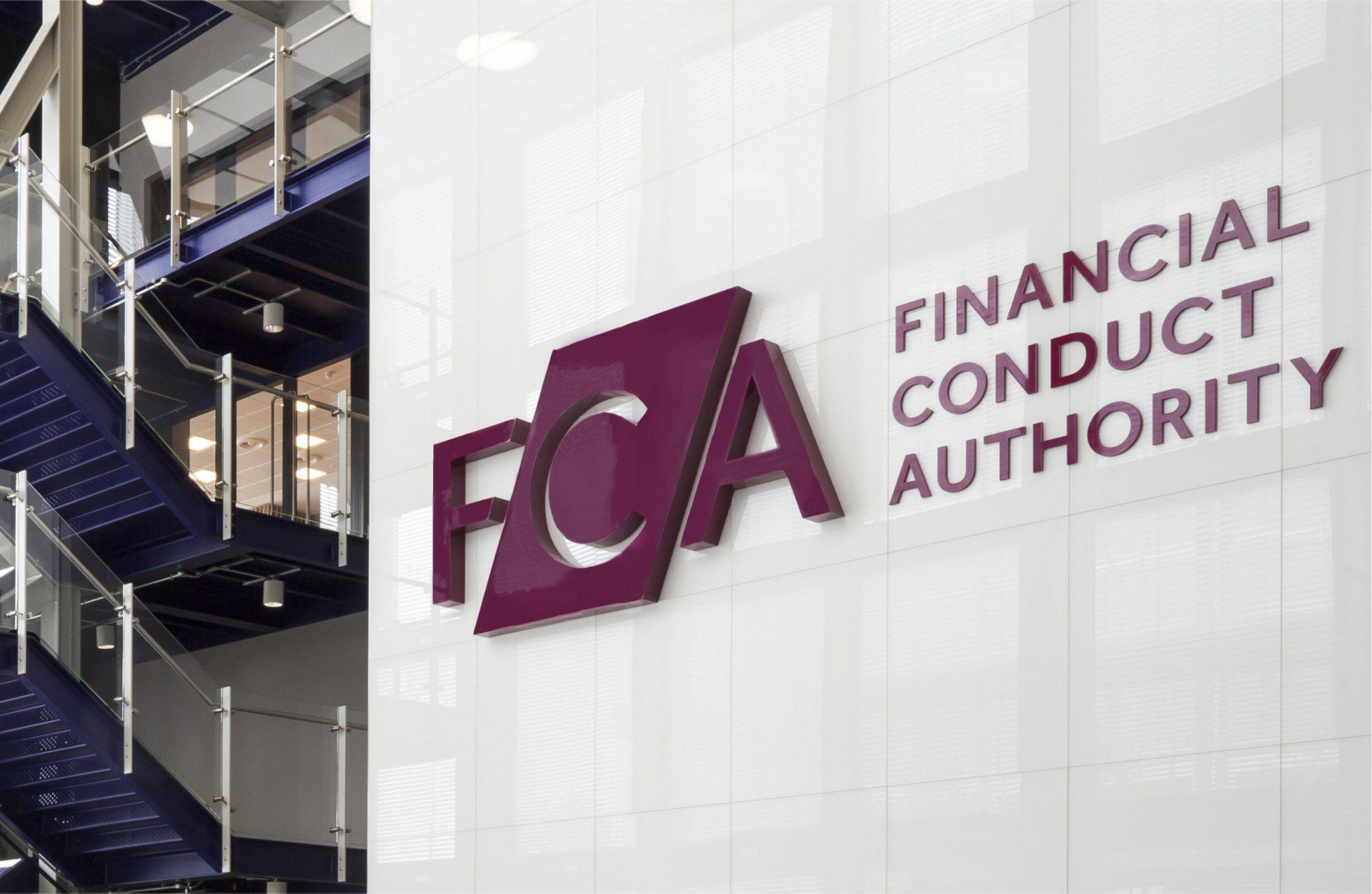According to the UK FCA, its strict position on cryptocurrency aims to prevent money laundering and protect the market from unscrupulous activity.
The head of the UK Financial Conduct Authority (FCA), Val Smith, has justified the agency’s stringent regulations for cryptocurrency companies in a blog post dated October 21.
According to industry experts, the UK’s “approach could stunt innovation” and harm the nation’s “position as a global financial leader,” Smith wrote in the essay.
Reasons the UK FCA is stringent with crypto
The FCA representative justified the agency’s approach to industry regulation by highlighting the significance of upholding strict monitoring, especially to stop cryptocurrency companies from aiding in money laundering.
She said:
“We never turn applications down out of hand. But we treat the risk of firms being used for money laundering extremely seriously. Allowing illicit money to flow freely can destroy lives. Terrorism, organised crime, sanctions evasion and human trafficking are just some of the real-world issues we’re helping tackle by maintaining the standards the Money Laundering Regulations (MLRs) require.”
A “race to the bottom” in compliance procedures that would result in “unsafe, unregulated, and untrusted foundations” that “won’t ensure people and our markets are protected or even work well” is what Smith warned about the lowering of this regulatory requirement.
Smith emphasized that despite this, the FCA is still dedicated to collaborating closely with international, industry, and governmental partners to create a crypto business based on reliable and solid standards.
The regulatory framework of the UK FCA
Last year, the UK FCA implemented several crypto laws, including a stringent marketing policy. These regulations allow the government to punish businesses indefinitely and even send executives to prison. The rules also apply to companies with UK clients but located outside of the country.
Recent data highlights the difficulties faced by cryptocurrency entrepreneurs in this regulatory landscape. Out of the 35 cryptocurrency applications that the FCA received in the year that ended in March, just four were accepted.
In addition, data indicates that during the previous three years, the number of people registering with the FCA to become custodian wallet providers and exchanges of virtual assets has decreased by over 50%. This decrease indicates the industry’s mounting dissatisfaction with the regulatory environment in the UK.



